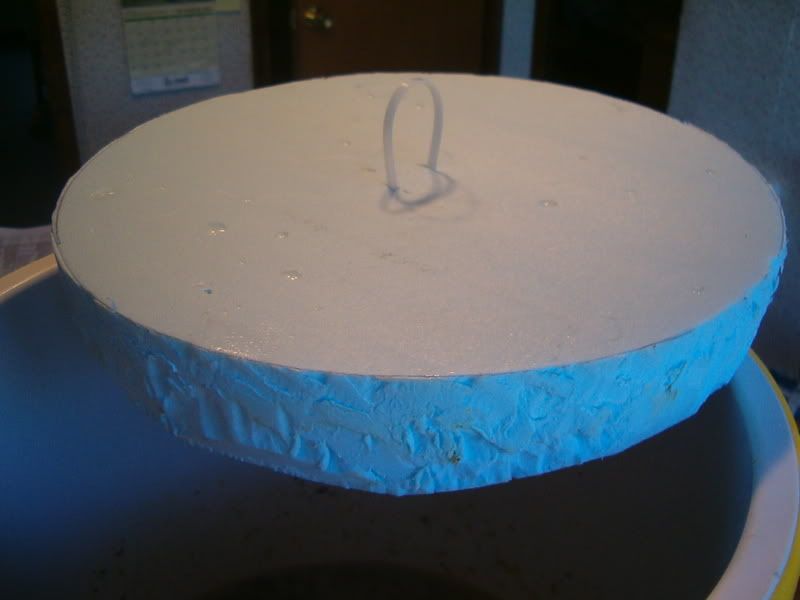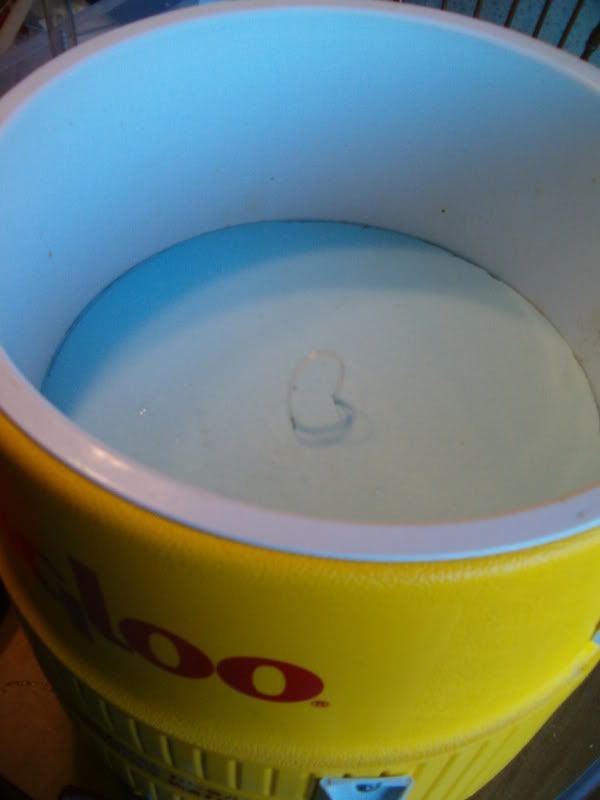jacksonbrown
Well-Known Member
In my first AG I noticed a 10 degree loss over an hour. I did not mix the grains at all during the 60 min rest, and my thermometer was resting by the side, and yes, I was outdoors. But, in the event that this is going to be a standard occurence, can I raise the temp half-way through with more mash water? Should I put less in at first knowing I will be adding more later, or just lessen the sparge amount?
Thanks!
Thanks!



